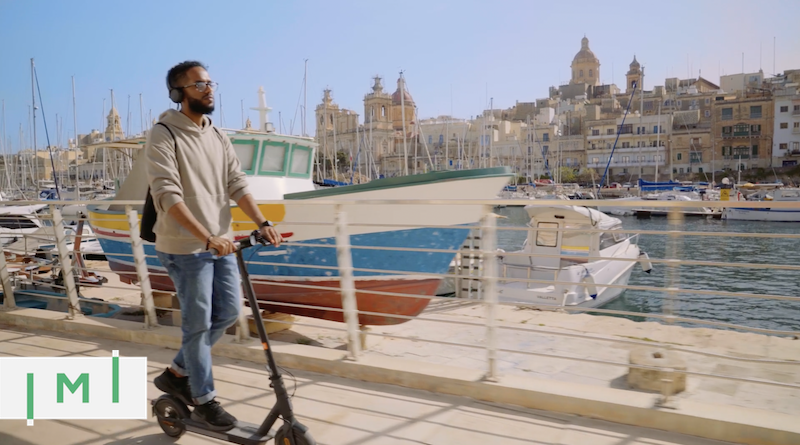Malta Announces New Nomad Residence Permit (NRP) Program
Hoping to capitalize on the growing trend of remote-working, adoption of which the pandemic has accelerated, Malta yesterday launched the Nomad Residence Permit (NRP), which will give third-country nationals a legal way to reside in Malta without the need for ordinary types of visas, like work permits.
The scheme aims to attract digital nomads employed by companies outside of Malta, those who run their own foreign-registered businesses, and freelancers who serve clients in a foreign country. As EEA-nationals already have freedom of movement and settlement in Malta, only third-country (non-EEA) nationals are eligible, as was the case with the Malta IIP and RVP schemes.
Malta’s NRP, not unlike numerous other digital nomad visas introduced in recent years, addresses an ever-widening market gap occasioned by information technology advances:
Millions of individuals worldwide perform their work entirely online and can, in theory, conduct it from anywhere but are, in practice, prevented from doing so in countries where long-term residency requires a visa. Typically, countries grant residence permits on the basis of local employment, investment, marriage, and so on. Digital nomad visas, on the other hand, are intended for those who are already employed (and presumably paying taxes) elsewhere.
The residence permit has a validity of one year and is renewable provided the individual continues to meet the requirements. A 300-euro application fee will apply.
Speaking at a press conference about the NRP yesterday, Parliamentary Secretary for Citizenship, Alex Muscat, explained that while a digital nomad might be employed in Rio de Janeiro, and paying taxes there, he could now be living and consuming in Malta.
“There’s a market for digital nomads. We’ve already attracted digital nomads in the past, ” said Muscat, according to Malta Independent. Charles Mizzi, head of the Residency Malta Agency (which also governs the Malta Permanent Residency Programme, an investment-based scheme) said the program had been in preparation for months and that the government had consulted with some of the more than 1,000 digital nomads already working from Malta when designing the NRP.
Many requests for this type of visa had come from the island’s flourishing gaming and IT sector, said Identity Malta CEO Anton Sevasta.
To qualify for Malta’s NRP, applicants must demonstrate a monthly gross income of no less than EUR 2,700. Moreover, according to the Residency Malta Agency, applicants must
- Prove they can work remotely;
- Hold a valid travel document;
- Have health insurance covering all risks in Malta;
- Hold a valid property purchase or rental agreement;
- Pass a background verification;
- Prove they fall under any of the following three categories:
- Work for an employer registered in a foreign country and have a contract of work;
- Conduct business activities for a company registered in a foreign country and of which applicant is partner/shareholder; or
- Offer freelance or consulting services, mostly to clients whose permanent establishments are in a foreign country, and with whom the applicant has contracts.
For more detailed documentation requirements, consult the Residency Malta Agency’s checklists and FAQ.
Christian Henrik Nesheim is the founder and editor of Investment Migration Insider, the #1 magazine – online or offline – for residency and citizenship by investment. He is an internationally recognized expert, speaker, documentary producer, and writer on the subject of investment migration, whose work is cited in the Economist, Bloomberg, Fortune, Forbes, Newsweek, and Business Insider. Norwegian by birth, Christian has spent the last 16 years in the United States, China, Spain, and Portugal.



